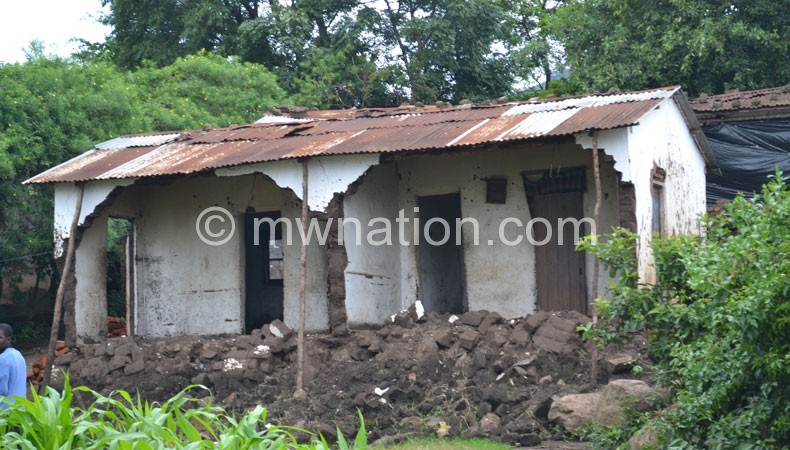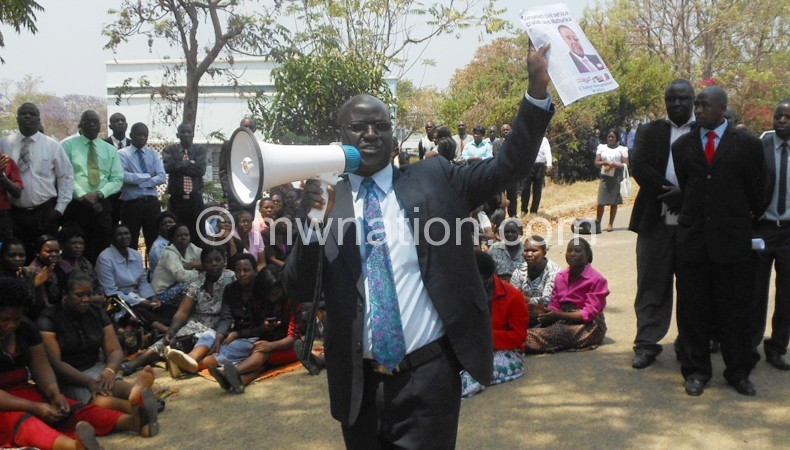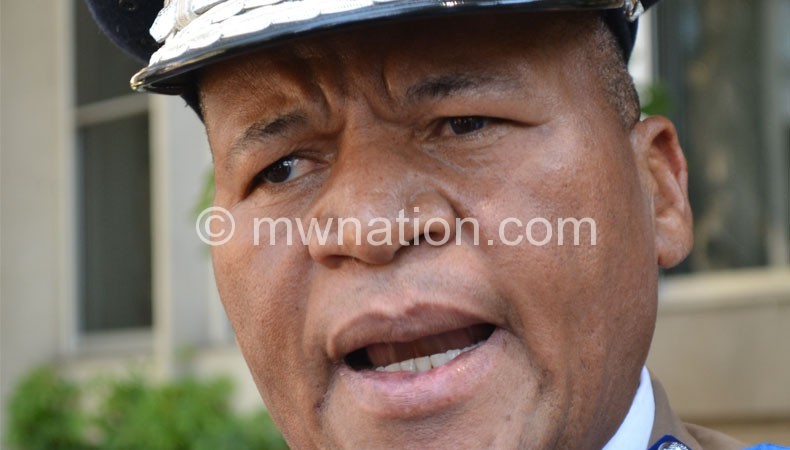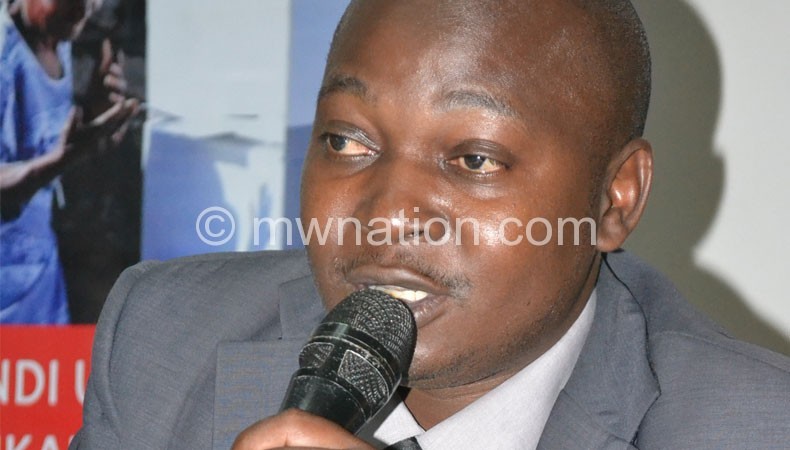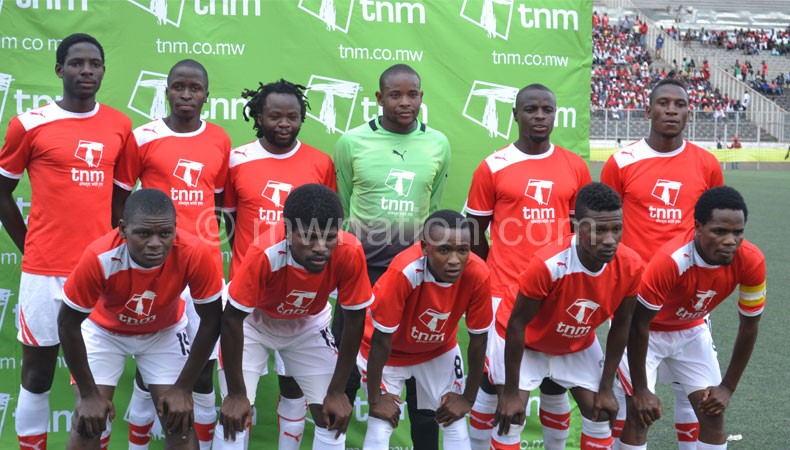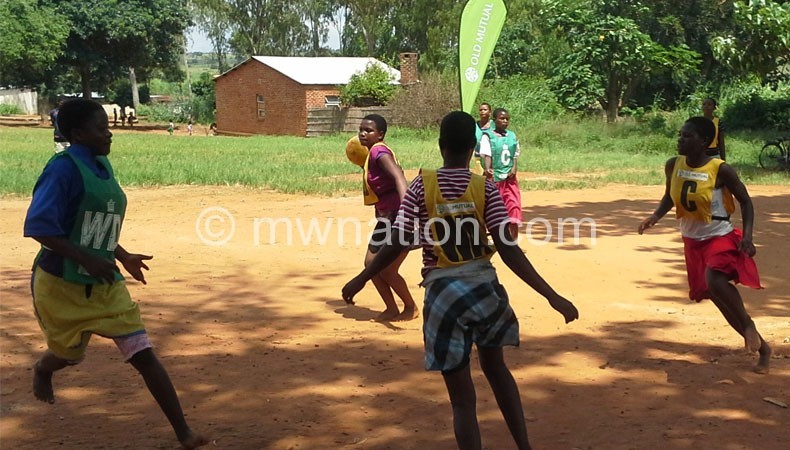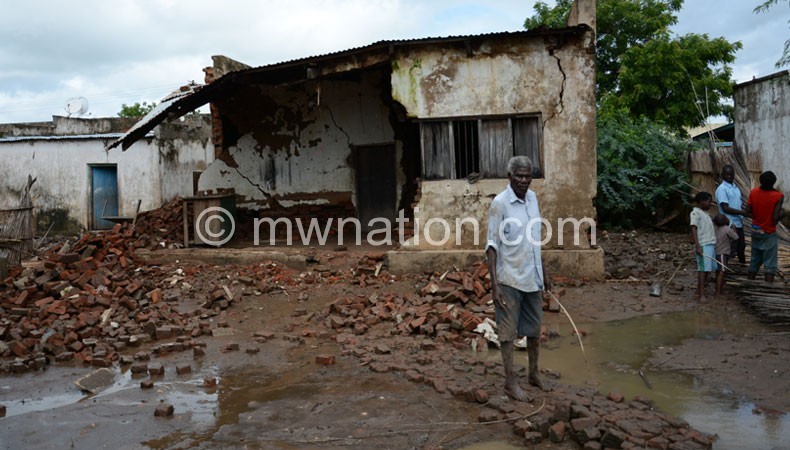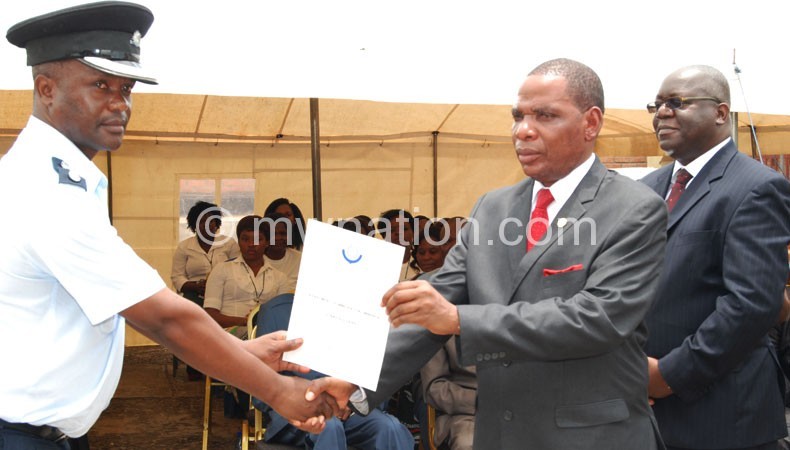
The 2015 International Customs Day celebrations were conducted on January 26 in Mwanza led by the Malawi Revenue Authority.
The event was held under the theme, ‘Coordinated Border Management – An inclusive approach for connecting stakeholders’ and graced by the Minister of Industry and Trade, Honourable Joseph Mwanamvekha who was also the Guest of Honour.
In his keynote address, the minister said involvement of stakeholders in border management assists in clearing goods faster which in the medium term will greatly contribute to the improving of Malawi’s rank on Doing Business Index.
“As you aware, Malawi is on number 164 out of 189 countries on Doing Business ranking by the World Bank. Surely, this rank is worrisome and not competitive. But as Government, we are working tirelessly with local and multilateral organizations to improve the situation through Coordinated Border Management (CBM) and other interventions,” said Mwanamvekha.
He said with support from USAID Trade hub, Government established Joint Border Committees (JBCs) currently operational at Mwanza and Songwe border stations and assured the nation that very soon JBCs will be rolled out in other stations of Dedza, Muloza, Mchinji and Chiponde.
“The JBC’s have also enhanced efficiency in handling complaints and resolving queries between Government agencies and traders at the border. Without proper, coordinated border management, trade is cumbersome, and business cannot flourish and consequently, a country’s economy suffers.
“I would like to assure the business community and other interested groups in the country that the Government will continuously find more ways of improving the business environment by introducing favourable regulatory framework in order to encourage investment.
Speaking earlier, MRA’s Commissioner General Raphael Kamoto said the theme stressed the importance of working together for a common purpose at the border stations and beyond with a view to improve the people’s livelihoods.
“MRA has also has working relationships through MOUs with other countries, in this case Zambia, Mozambique and Tanzania. Some of the provisions in the MOUs include joint border patrols, sharing information, coordinating border opening hours and eventually having one stop border posts. All this is aimed at maximising Coordinated Border Management roles in security and largely facilitation of trade,” Kamoto said.
The Authority’s Commissioner for Customs and Excise Shadric Namalomba said the day is celebrated annually on January 26 to commemorate the very first official conference of the Customs Co-operation Council (CCC) in 1952, which later became the World Customs Organisation (WCO).
“The day recognizes the role of customs officials and agencies in maintaining border security. It also focuses on the working conditions and challenges that Customs Officers face in their jobs,” Namalomba said.
The WCO currently has 179 members and as a Customs Administration, MRA chairs one of the global body’s six regions which is the Eastern and Southern Africa.
MRA presented WCO certificates of recognition to clearing agents, employees, organisations and community leaders who continue to play crucial roles in coordinated border management.
The event was, among others, also attended by the Police, clearing agents, Immigration Department, Directorate of Road Traffic and Safety Services, chiefs and several members communities surround Mwanza Border Station.
The post Malawi celebrates International Customs Day in Mwanza appeared first on The Nation Online.


